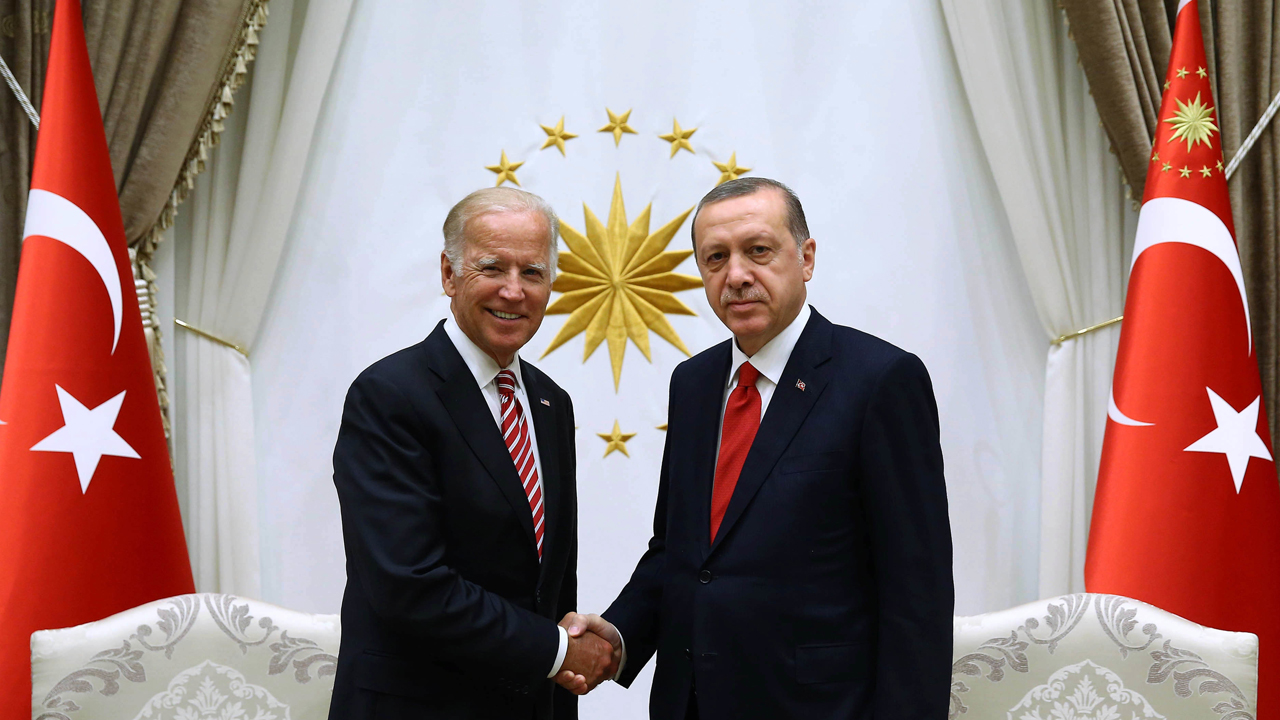Biden Meets Turkey’s President Erdogan as U.S. Partners in ISIS Fight
Vice President Joe Biden traveled to Turkey on Wednesday to meet with President Recep Tayyip Erdogan and other top officials, in hopes of conciliating relations with the U.S. ally. This comes as the U.S. joins Turkey in the fight against ISIS in Syria.
Retired U.S. Marine Corps. General Anthony Zinni, whose operational experience includes Operation Desert Fox, joined the FOX Business Network and discussed the U.S. decision to join Turkish forces.
“This offensive is a reaction to the terrorist attacks inside Turkey, too,” Zinni said. “I think one thing we have to be very careful about though, we have Kurdish allies that are fighting against ISIS and they aren’t necessarily friendly with Turks. And their efforts inside Syria may turn in that direction. So, I think it’s very important since we probably have U.S. Special Forces with them, that this is carefully coordinated and I think that that might be another message that Vice President Biden is bringing to Erdogan.”
On national security concerns, General Zinni, an Honorary Chairman at the Middle East Institute, said Americans should worry about top leaders and their handling of classified materials. He commented on the controversy surrounding Democratic presidential nominee Hillary Clinton's use of a private email server for confidential, government-related emails.
“I think there’s been too much of a cavalier attitude in responding to these charges,” said Zinni. “This is serious. Dismissing these things as not important, somebody else did it in the past, little small C’s in front of the paragraph don’t mean anything. This is ridiculous. This is our national security that’s at risk.”
Zinni also explained the importance of controlling and securing American borders.
As we’ve seen here and as our European allies and others have seen, the lack of control of your borders and access to your country creates vulnerabilities and you could pay a big price for this,” he said.
“I think we need to take the advice of our border patrol, of those that are responsible for maintaining this security. Give them the resources, the assets, and the procedures and processes and political support they need to construct the right kind of security. Whether that’s physical barriers or that’s greater intelligence, that’s more border patrol personnel that are patrolling. That should be determined by the experts. But it’s an essentially critical for us to have that kind of control.”




















